Review of Once A Thief
Introduction
In the mid to late eighties, über action director John Woo could do no wrong. Forming an unstoppable partnership with producer Tsui Hark, Woo released in quick succession "A Better Tomorrow" and "A Better Tomorrow 2" to enormous success, practically inventing the heroic bloodshed genre. On the back of this success, Woo directed "The Killer": but despite current feeling that it is Woo`s best film to date, it flopped upon release, the audiences not being able to appreciate the serious tone Woo`s movies had taken. Faced with criticism from directors and politicians alike that he could only make ultra-violent films that glorified the triad lifestyle (Hong Kong teenagers had taken to wearing long duster coats, mimicking Chow Yun Fat`s character Mark in "A Better Tomorrow"), and the deterioration in his relationship with Tsui Hark, Woo decided to make a more light-hearted film. And so Once a Thief was made, which, although not a box office success on par with the ABT movies, made enough money to enable "Hard Boiled" to be made - Woo`s most explosive contribution to the heroic bloodshed genre.
Once a Thief, based loosely on the Cary Grant and Grace Kelly vehicle "To Catch a Thief", revolves around a trio of cat burglars: Red Bean Pudding (Chow Yun Fat), Red Bean (Cherie Chung) and James (the late Leslie Cheung). Formerly street urchins under the care of a triad Godfather and subsequently raised to become petty pickpockets and then master thieves, they specialise in the theft of valuable artwork from practically impregnable locations. After carrying out a successful heist in France, and against Red Bean`s wishes for the trio to retire to a quiet life, Red Bean Pudding and James are seduced by the challenge of stealing a very valuable and famous painting. Always one mistake away from trouble, the pair are double-crossed when their backers decide the do not wish to pay $5m when they can take the painting by force.
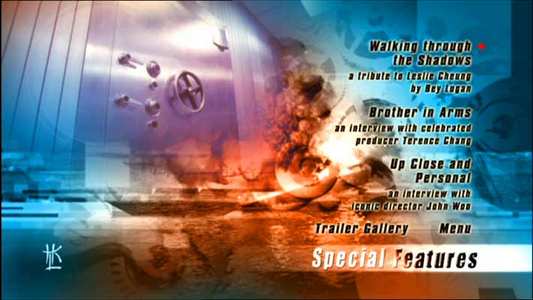
Video
It is a measure of HKL`s competence that I have come to the stage where anything less than `very good` in the picture department would leave me highly disappointed when reviewing the latest HKL release. On this disc, the picture is again very good - excellent even, apart from a few minor quibbles. The image is sharp throughout, with a high level of detail. The colour reproduction is especially good, remaining rich and accurate throughout. Black levels are solid and flesh tones spot on. The minor quibble I referred to earlier is that there is visible print grain in some scenes, in the opening few minutes in particular. However, this improves as the film goes on, and is never really a major problem - as I said, `minor`. Undoubtedly, the remastering HKL has carried out vastly improves any previous release: this is likely to be the best the film will ever look.
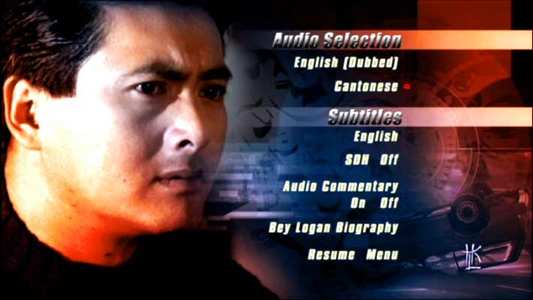
Audio
As with most of HKL`s releases of classic Hong Kong films, included on the disc is a 5.1 DD remix of the original Cantonese language track, and a 5.1 English dubbed track. The Cantonese track is again a solid effort by HKL, who have cleared up background noise and improved the clarity of the dialogue. However, as with plenty of other remixed tracks, the use of the surrounds is a little limited and high-impact moments such as gunfights and explosions are a little less than overwhelming. On the whole, 7/10: the audio is enjoyable and free from any major flaws, but requires a little more to excel.
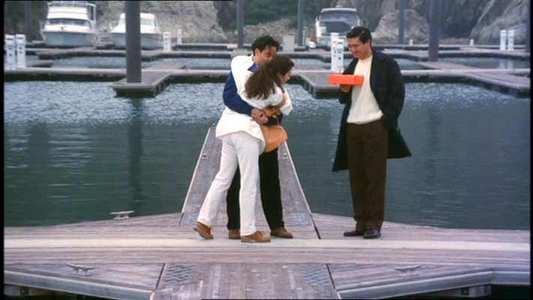
Features
As a strong back catalogue release from HKL, we would be quite right to expect a fair amount of effort to be put into the extras on the disc. As with virtually all HKL releases nowadays, a Bey Logan commentary is included: as per the norm, this is excellent. Logan is consistently a fountain of knowledge of Hong Kong film lore, both about the film specifically iteself and how it fits into the Hong Kong film industry as a whole.
"Walking Through Shadows: a Tribute to Leslie Cheung" is a short section hosted by Bey Logan to recap Cheung`s fabulous career, which sadly came to an end when he commited suicide in April 2003. Running in at just under 10 minutes long, Logan speaks about the great shock which greeted the news of Cheung`s death, and his career highlights. Cheung`s strength lay in his versatility to play both romantic and tough roles - Logan also comments on Cheung`s sexuality which, despite him being openly gay, did not hinder him from playing straight romantic roles with enormous charisma. Overall this is a very worthwhile extra, mainly due to Logan finding just the right path between professionalism and sentimentality.
"Brother in Arms" is an interview with Terence Chang, producer on the film and many other Woo films besides. The interview lasts around 11mins, with Chang concentrating on how the pair first met on a film project that was cancelled, leading to them finding a new outlet for their work - the legendary "The Killer". Chang then goes on to talk about the shooting of Once a Thief.
Surely the gem of all the extras is the John Woo interview HKL have managed to set up, which lasts a substantial 34mins. Woo is not known for his enormous enthusiasm for participating in DVD extras, and the interview here is a rare one of sorts. Saying that however, Woo is very passionate about his work and shows a great deal of energy when talking about how the project came about through his wish to make a more lighthearted movie than "The Killer" and "A Bullet in the Head". Unfortunately, Woo`s command of English isn`t as strong as his producer`s, but it is certainly good enough to make this interview fascinating for any Hong Kong afficianados.
A trailer gallery for the film is also included in the extras menu, along with promotional trailers for the HKL releases of Woo`s other films, the aforementioned "The Killer" and "A Bullet in the Head".
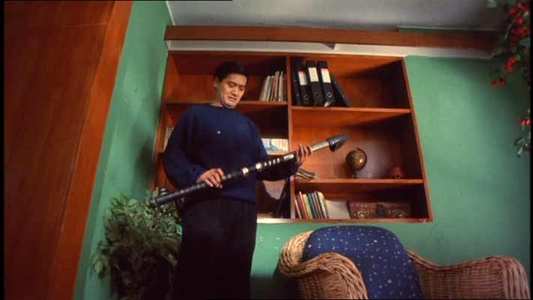
Conclusion
Once a Thief can certainly not be ranked up there with the Hard Boiled`s or The Killer`s of Woo`s C.V., but it sure is fun. I must admit I have a soft spot for this film, despite it being ludicrously unrealistic, over-stylised and Chow Yun Fat completely overacting. But Woo set out to make a light-hearted, entertaining movie that audiences will enjoy, and you can`t doubt an enormous effort has been put into that.
The action, as with all of his films, is ridiculously over the top, but the shoot-outs, car chases and heist scenes are always inventive (see Chow Yun Fat battle the card throwing villain for a pretty random fight scene) and executed in a way that makes me nostalgic for the guerrilla style of filming prevalent in 1980`s Hong Kong. Similarly with the slapstick humour: it`s way over-played, but you can`t help but laugh out loud - Red Bean Pudding`s impossible wheelchair dance with Red Bean at the ball comes to mind.
Chow and Cheung make a very charismatic and believable partnership, a little reminiscent of Jackie Chan and Yuen Biao when they team up in movies. As always, Chow commands the screen with authority, whether in the action or the comedy scenes. Cheung plays off him well, taking on the majority of action scenes until the finale begins and playing the straight man to the slapstick of Chow. Cherie Chung does not have much part in the action scenes - Woo preferring to use her as eye candy, although she does do this very well - playing the Catherine to the duo`s `Jules et Jim`: a shame as she does a great job in her biggest scene, the wheelchair dance.
The DVD release is quite excellent, and I highly recommend this for anyone remotely interested in Hong Kong movies, action films or just an enjoyable show.
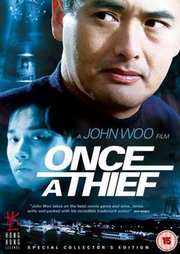




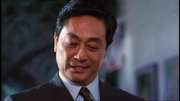
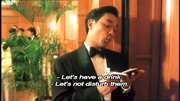
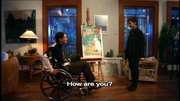
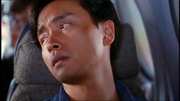
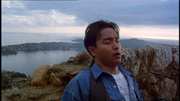
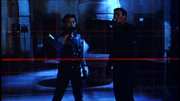
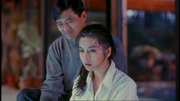
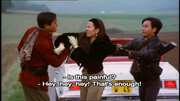
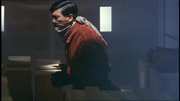
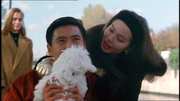
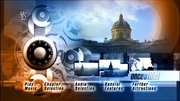
































Your Opinions and Comments
Be the first to post a comment!